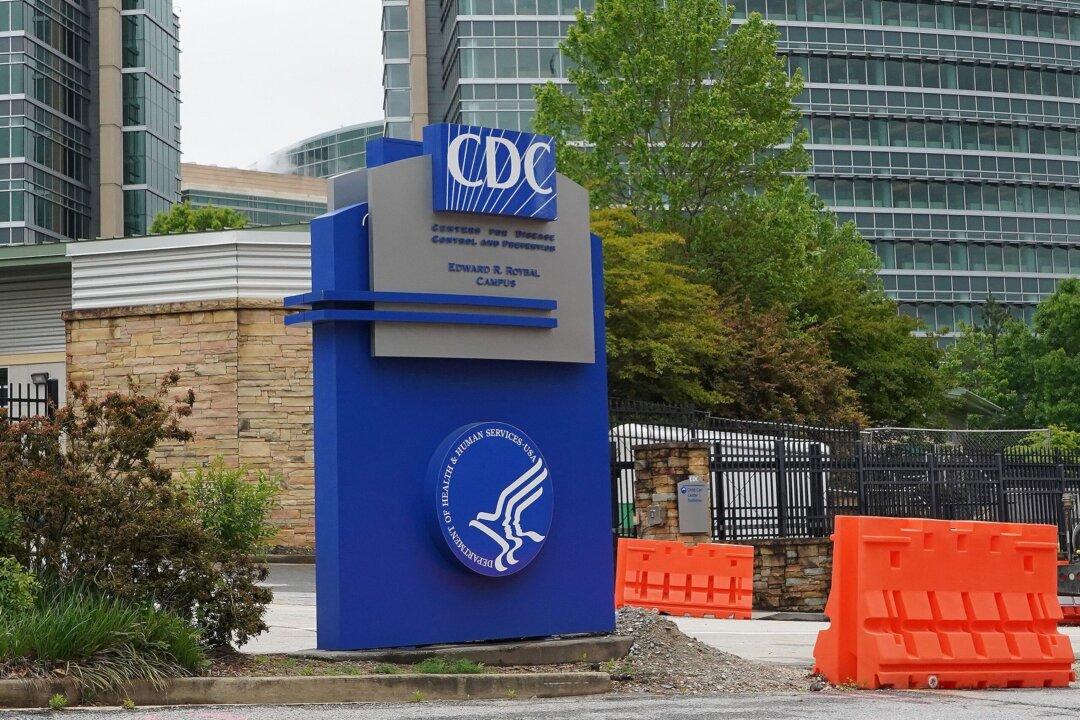The CDC published a study surveying young people who suffered from myocarditis after COVID-19 vaccination in The Lancet on Sep. 21, showing the organization’s “biased selective analysis” and dismissing severe reactions to the controversial vaccines, according to cardiologist Dr. Sanjay Verma.
The Lancet published the survey of young people ages 12 to 29 who suffered from myocarditis—a severe heart inflammation disease—after taking a COVID vaccine, based on VAERS reports from Jan. 12 to Nov. 5, 2021.




